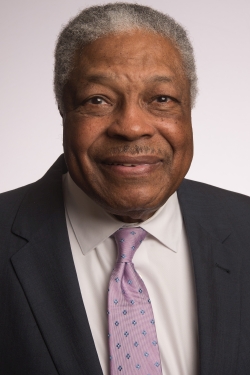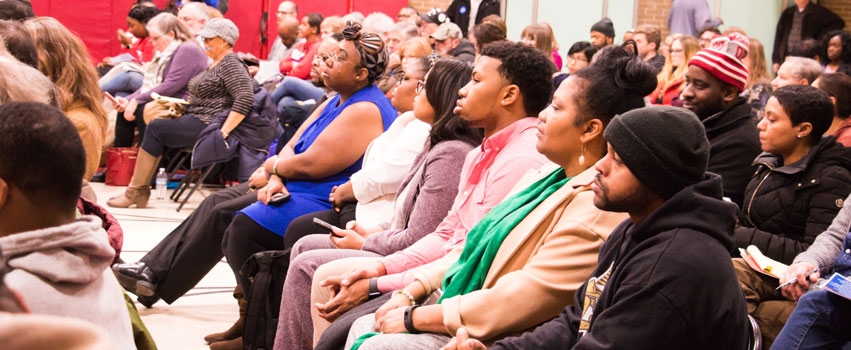Law Enforcement: Thoughts of a Sanctified Believer in America

The promise of America has always been rooted in an understanding that all are created equal and endowed with unalienable rights. To protect these rights, we form a government of the people, by the people and for the people—a structure where no one is to be immune from legal consequences such that we remain a nation of laws, not of men. It is for this reason that all federal officers must swear to “support and defend the Constitution of the United States against all enemies, foreign and domestic [and] bear true faith and allegiance to the same.”
I know this oath well. I swore it 30 years ago upon becoming a federal judge and have administered it countless times since. The Constitution expects states and state officials to support and defend it in like fashion—it requires a republican form of government.
The above principles and quotations will not be unfamiliar to those who have studied civics and history. And it is true the ideal of America has often not been realized, from the atrocities perpetrated against indigenous peoples to the internment of Americans of Japanese descent. I know this all too well; the highest court in the land once excluded my ancestors from citizenship and approved of a system of segregation solely because of the color of one’s skin.
I grew up in a segregated America. But while the promise of America has flickered and faded in dark times, it has never been extinguished. That promise is the bedrock of American values and it should be the touchstone as we confront the challenges—both new and old—that plague us.
Upholding the Promise of America
One such issue is the horror of police brutality that has recently surged into public consciousness. In considering this issue, I believe the best way to chart a course forward is to consider the probity, integrity, uprightness and honesty expected of all officeholders, and in light of the fundamental bedrock of our republican system, consider what the police ought to be.
Stripped of their integrity and dedication to public service, there would be little difference between our law enforcers and gang enforcers. Worse still, such rogue actions occur under the color of lawful authority, which can have the awful effect of undermining the legitimate activities of government by association. Although many, perhaps most officers approach the job with admirable qualities, tragically—as we have all witnessed recently—some do not. This has led, quite rightly in my view, to calls for reform. Whenever a servant of the public abuses his position, it demands attention and immediate redress; when such abuse is widespread, systemic reform becomes necessary. All officers of the United States and the states should be expected to strive every day to uphold the promise of America.
One particularly difficult part of being a judge is criminal sentencing. I am called upon to determine how long a fellow person shall be deprived of liberty as consequence for a crime. When I do so, I do my best to put myself in the defendant’s shoes. I focus on making sure the sentence is fair, one I would understand and accept had I committed the crime. I know that, but for the grace of God, the offender could be me or someone I hold dear. Surely law enforcement officials can apply this measure of empathy to the suspect as much as I apply it to the convicted. Doing so, I find, allows me to keep in view the personhood of the individual before me and the rights that are inextricably inherent in every human being.
We the People Must Act
Another step can be taken by all Americans. When wrongdoing by a public official is witnessed, it is our responsibility as citizens to intervene in the moment, if possible, or through exposure and calls for reform to prevent further misconduct if not. This, too, hearkens back to the roots of our democracy. We the People are sovereign; We the People must safeguard our rights against encroachment. It is upon all of us to do what we can to make the promise of America a reality. Doing nothing emboldens the wrongdoer, whatever the intent. Indifference in a democracy is abdication.
These thoughts are only a starting point—I do not have all the answers. But in the difficult conversations which are occurring and ought to continue, what I can offer is this: ever in the foreground, always in view, must be the fundamental idea of America, a nation where all and the rights of all are equal under the law. PM
The Honorable Joe Billy McDade is a senior district judge of the United States District Court for the Central District of Illinois.
